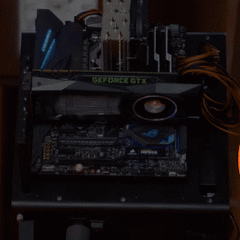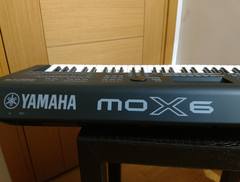Project Farm Ratcheting screwdriver review with LTT screwdriver
- Prev
- 1
- 2
- 3
- 4
- 5
- 6
- 7
- Next
- Page 4 of 7
- Prev
- 1
- 2
- 3
- 4
- 5
- 6
- 7
- Next
- Page 4 of 7

This topic is now closed to further replies.
Share
Followers
6




.thumb.jpeg.9babd505c85c11addf31a285a02547cc.jpeg)














